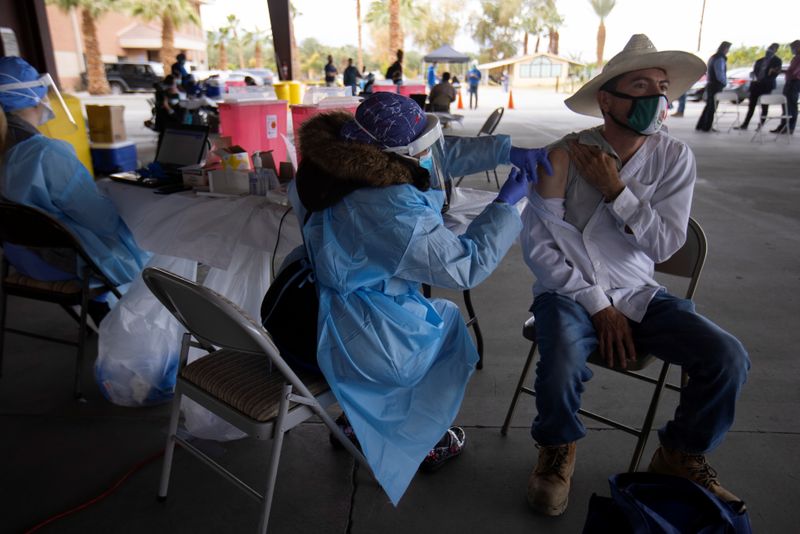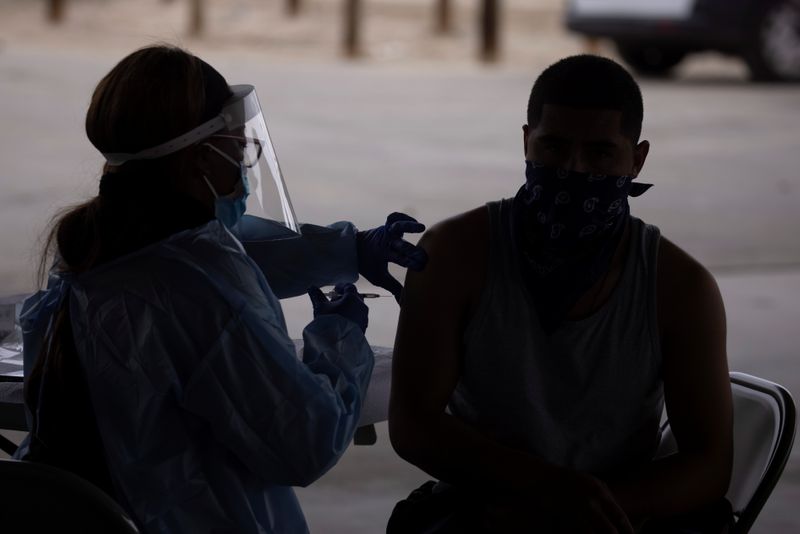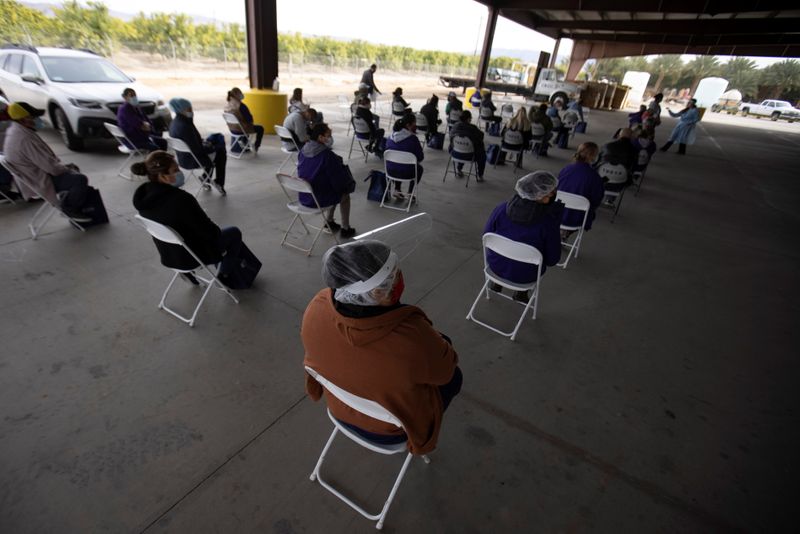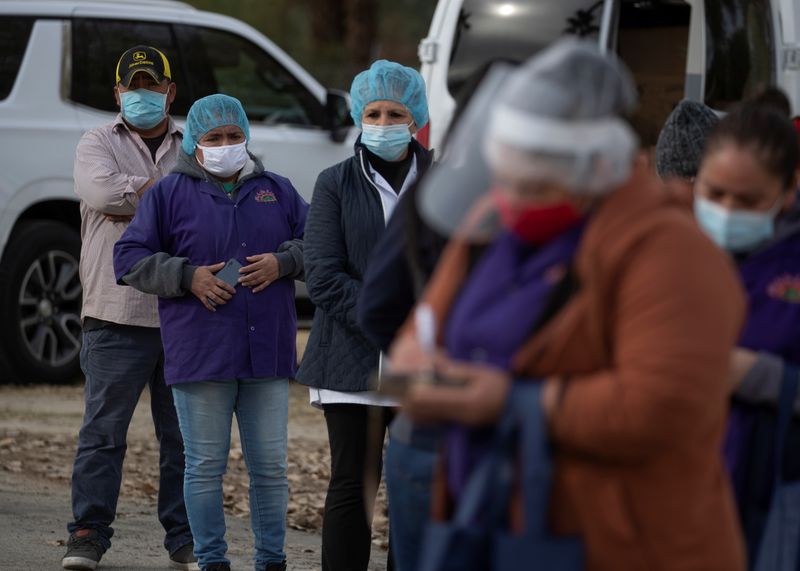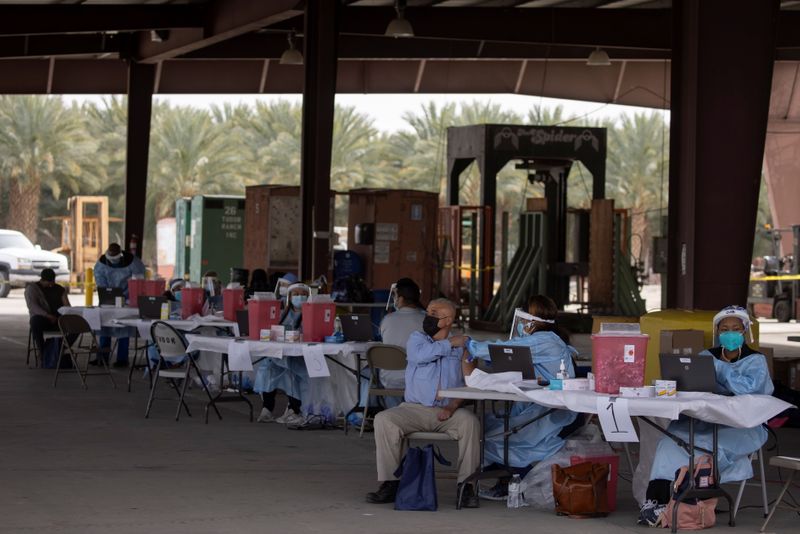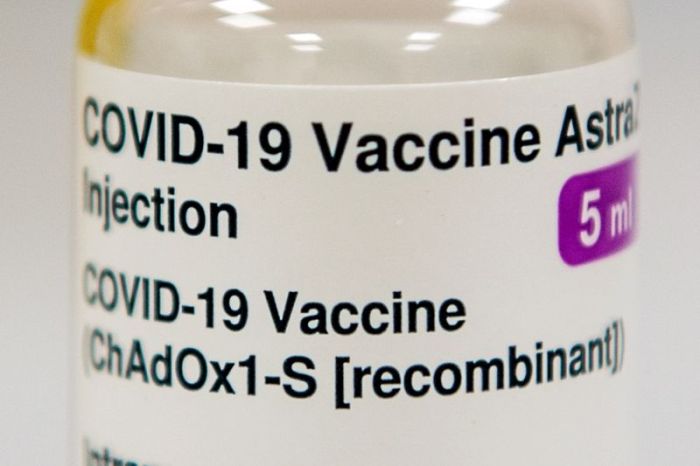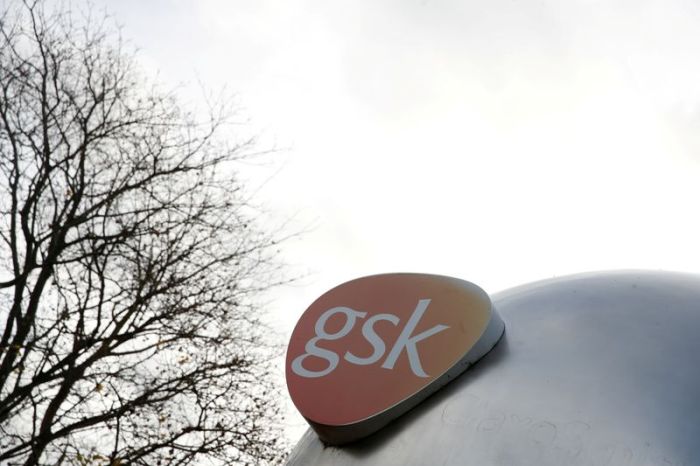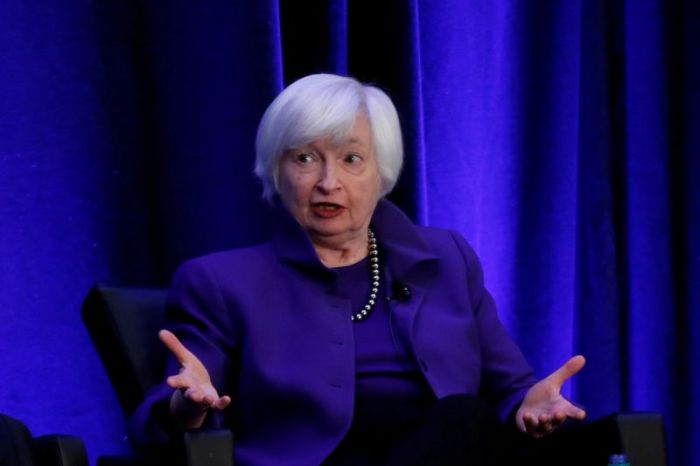MECCA, Calif. (Reuters) – Deemed an essential workforce during the pandemic, California’s mostly Latino farmworkers are also underrepresented in the state’s vaccination program, health officials and activists say, prompting the delivery of shots in the fields.
In one such campaign, public health officials vaccinated about 250 workers on Monday, including about 150 from Hadley’s Date Gardens, in the first of what they hope will be a weekly visit to agricultural lands.
“We’re essential for the country, to be able to feed the other families,” Maria Razo, 45, a date sorter, said from the vaccination site in Mecca, California, about 140 miles (225 km) east of Los Angeles.
“Now that we have it, we’re going to work a little safer,” Razo said after getting her first of two shots of the vaccine developed by Pfizer Inc and German partner BioNTech SE.
Though falling behind health workers and first responders in vaccination priority, farmworkers are critical to California’s agricultural industry, which accounts for a large chunk of the country’s food supply. Many lack the internet connectivity and transportation most Americans take for granted and use to get their shots.
With our without a vaccine, their jobs are dangerous enough. Date-pruners climb atop the fronds of the date palms with an extra long ladder, chopping away with a recurved machete to dethorn the trees in preparation for harvest.
Early data shows Blacks and Latinos have been underrepresented in COVID-19 inoculations given to healthcare workers and nursing home residents, the U.S. Centers for Disease Control and Prevention said.
Moreover, California has lagged most other states in vaccinations administered per capita, CDC data show.
“We knew that this was going to be a community that was going to be disproportionately affected by COVID-19. So we designed this community-based strategy to bring resources to them,” said Conrado Bargaza, chief executive of Desert Healthcare, a public entity that provides healthcare services.
Riverside County health officials have worked with the Todec Legal Center, which provides legal advice and education for Latino immigrants in the inland area of Southern California, to take vaccines to the workforce.
“COVID has shed a light to all these inequalities that we have,” said Todec Executive Director Luz Gallegos, who has been combing the fields making sure farm workers get tested and vaccinated. “We’re talking about the most vulnerable workers.”
(Reporting by Norma Galeana and Alan Devall; Writing by Daniel Trotta; Editing by Bill Berkrot)

